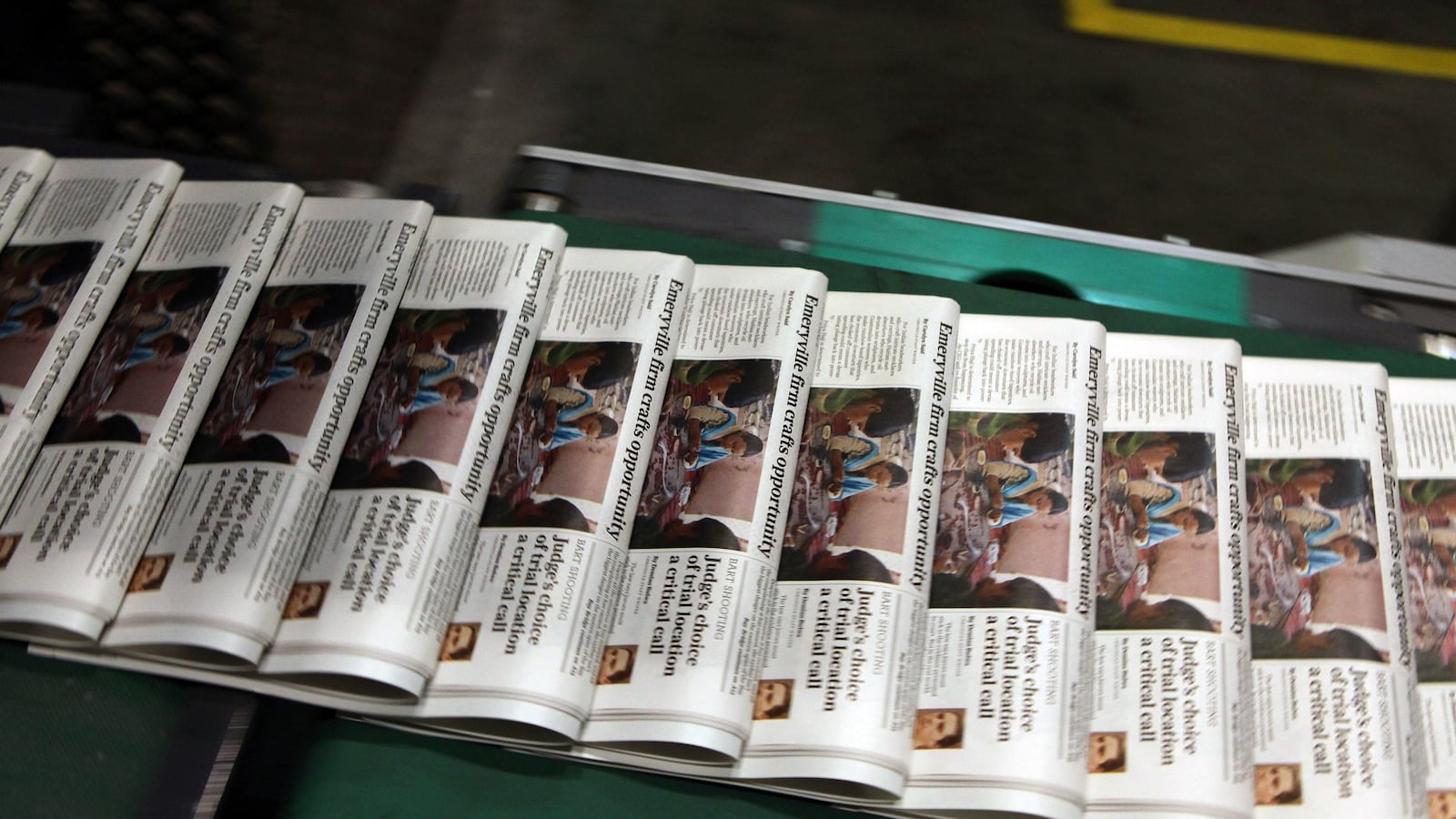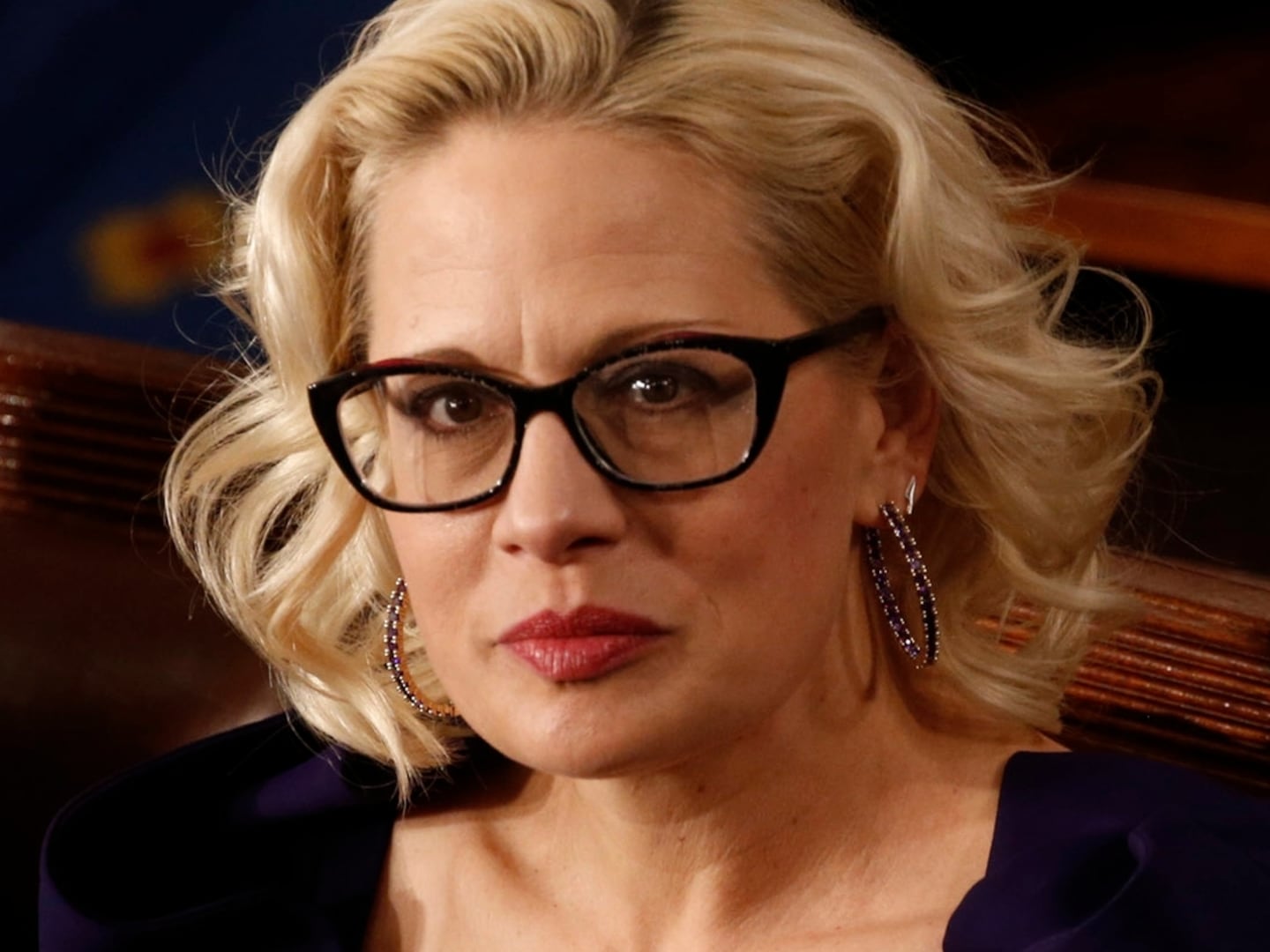What do you expect from the news? Asking this is a bit like asking someone to describe his or her ideal mate: You’re bound to learn more about the fixations and attitudes of that individual than about anything real or even possible. Conventional wisdom has it that good front-of-the-book news coverage should be objective. Problem is, what counts as objective is often a matter of opinion.
When we complain about news coverage being biased, slanted, or flawed in some way, what we’re usually saying is that it fails to do justice to our own preferred view of the world; it’s unspoken assumptions are different from our own. It goes too easy on Congressional Republicans, or it assigns too little blame to the president; it indicts Chris Christie before all the facts are in, or it inflates the significance of the CBO’s ObamaCare findings.
For all it’s many faults, Alain de Botton’s latest release, The News: A User’s Manual, at least wears its prejudices out where everyone can see them. There’s no mistaking The News for anything but a book about de Botton, his interests, and his own idiosyncratic take on things. The result isn’t terribly flattering.
What The News isn’t, oddly enough, is a book about “the news”—a term that, de Botton tells us in his preface “has been deliberately left vague.” Judging from the few examples he gives, the term applies equally to the Los Angeles Times, Perezhilton.com, Wired, the Daily Mail, and Google News. His reasons for punting on a question so essential to evaluating almost every sentence that follows are never given. But then again, de Botton isn’t much for explaining his reasoning. As a popular philosopher and self-help evangelizer, he is in the assertion business—the loftier the better.
It’s his belief, for instance, that “[m]odern societies are still at the dawn of understanding what kind of news they need in order to flourish.” Commenting on the preponderance of negative stories delivered each day, he writes that “[t]he presumption is that, without the dark realism of the news, the nation might lapse back into it’s dangerous tendency to gloss over its problems and feel foolishly content with itself.” “At the heart of the desire for fame” he tells us in a section on celebrities, “lies a touching, vulnerable, and simple aspiration; a longing to be treated nicely.”
These quasi-mystical proclamations are presented in brief, sequentially-numbered sections, some of which are only a sentence long. It’s as if he has given us the footnotes to a more convincing and better-researched analysis. In the end, de Botton’s refusal to provide much in the way of examples, survey data, academic studies, or, really, argument of any kind leaves the reader with a choice: either nod along compliantly or don’t.
If we are to believe de Botton, though, this decision isn’t ours to make. The average reader, he declares, is but an unwitting receptacle for media narratives. The news possesses “the power to dictate what our idea of ‘other people’ will be like.” That’s right: dictate. “If we are regularly told that many of our countrymen are crazed and violent, we will be filled with fear and distrust every time we go outside. If we receive subtle messages that money and status matter above all, we will feel humiliated by an ordinary life.” No, of course.
He rarely suggests that we develop the fortitude to unplug our brains from the news-generated matrix that subsumes us. No, the only chance we have is for news outlets to recognize their awesome reality-creating power and wield it benevolently. How might the “ideal news organization of the future”—the nanny fourth estate, if you will—better serve its “unsuspecting and undefended consumers”?
Easy. In the realm of politics, news should take up the task of “distilling and concentrating a little of the hope a nation requires to chart a course through its difficulties.” He envisions a new kind of foreign news that “lets the poets, the travel writers and the novelists impart aspects of their crafts to journalists” so that we all might take more of an interest in the goings-on of other nations. Even gossip rags have a moral duty to discharge. Among other things, celebrity news “should be generous enough to recognize that we urgently need help in understanding, interpreting, and living with the envy it so regularly unleashes.” “The news,” among other things, “should help us with our feelings.” Put another way, it should be more like the work of Alain de Botton.

That he never notices the inherent solipsism of his analysis is just one of the many failures of self-awareness the author displays. Explaining what journalists could learn from creative writers, for instance, he tells us that “falsifications may occasionally need to be committed in the service of a goal higher than strict accuracy: the hope of getting important ideas and images across to their impatient and distracted audiences.”
On the “cocksure importance” of newspaper writing, he advises that such stories “don’t constitute an ultimate account of reality so much as some first hunches.” He also notices that many protest movements are “undermined by a fatal naivety: that is, by a set of the best possible intentions to improve a problematic situation—combined with a lack of any effective or forensic knowledge about what has caused it in the first place.” Either he lacks a sense of irony, or his humor is far too subtle.
If nothing else, The News can be taken as a kind of reductio ad absurdum argument for why we might scale back our expectations when to comes to straight news coverage. Many news sections are already committed to an impossible ideal; namely, delivering a picture of the world that all reasonable people can agree with. In de Botton’s own peculiar view, fulfilling this promise requires more than providing the uncontroversial facts. The news ought to deal in universals, to take account of our frailties, and to give us what we need to become better people. In that spirit, a few words of advice he might find helpful: speak for yourself.






